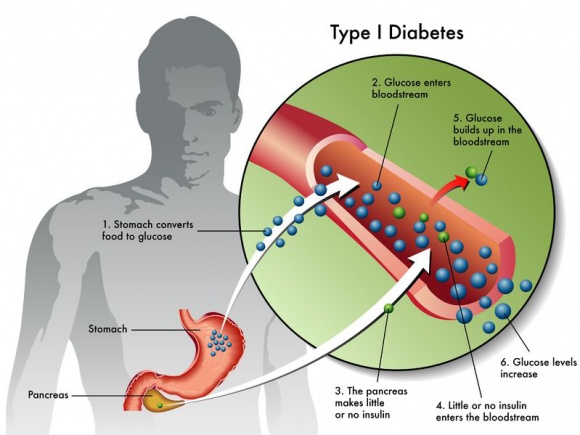+918292345710

This is your website preview.
Currently it only shows your basic business info. Start adding relevant business details such as description, images and products or services to gain your customers attention by using Boost 360 android app / iOS App / web portal.
Individuals with Type 1 diabetes (the loss of ...

Individuals with Type 1 diabetes (the loss of insulin produced by the pancreas) or Type 2 diabetes (the body’s inability to use insulin and a slow loss of one’s ability to make insulin) have an increased risk of bone fractures and osteoporosis. Several factors affect the health of our bones, such as calcium, vitamin D and certain hormones. People with diabetes tend to have low vitamin D levels. Vitamin D is an important nutrient that helps the body absorb calcium, which is needed to maintain bone density. People with diabetes should have a bone density test to monitor bone mineral density; every 2 years for post-menopausal women and men over the age of 70. Routine bone density testing is not recommended for men younger than 70 unless they have other risk factors such as loss of more than 1.5 inches in height, long-term steroid use or other factors. Since women have higher risk of osteoporosis, it is recommended that all women above 65 years of age and postmenopausal women younger than 65 years of age with risk factors such as family history or low body weight get a bone density test. Taking action to manage diabetes decreases risk of developing complications and offers protection to bone health.

